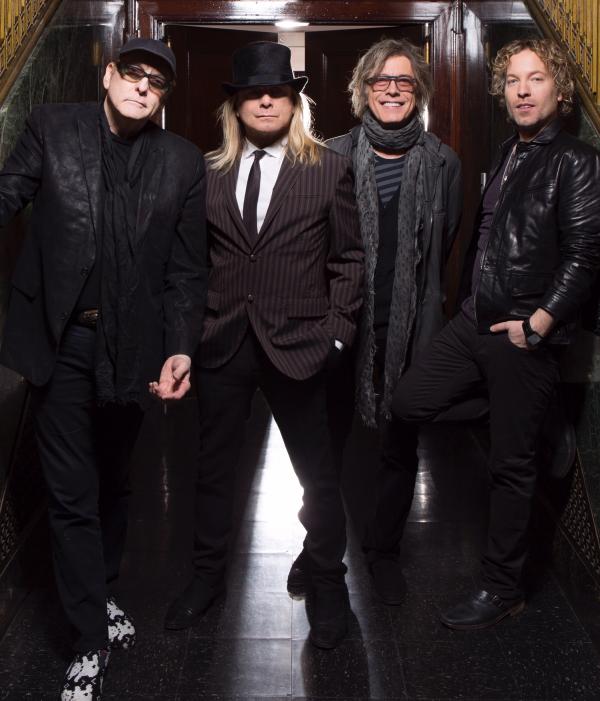Mike Mettler
|
Jun 15, 2016
|
Jun 10, 2016
|
Jun 08, 2016
|
Apr 27, 2016
|
Apr 20, 2016
|
Apr 06, 2016














